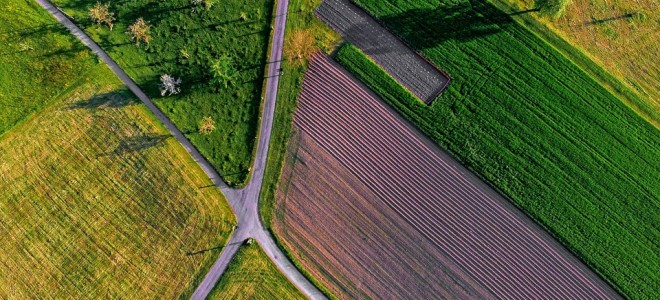Over the next two decades, global chemical production is set to double, primarily outside of developed countries. Governments and stakeholders from industry, academia and civil society strive to address safety concerns and manage the risks associated with the production and use of chemicals and their hazardous wastes. The sound management of chemicals and waste is an important component to achieve sustainable, inclusive, and resilient human development as defined in the Sustainable Development Goals by 2030. However, the Strategic Approach to International Chemicals Management (SAICM) will end in 2020, and currently an Intersessional Process is taking place to define the sound management of chemicals and waste beyond 2020. One key topic for discussion is whether the science-policy interface (SPI) within the chemicals and waste cluster should be strengthened, e.g., by establishing an intergovernmental mechanism.
The IPCP is working to help support and further these discussions to ensure that the work of academic scientists is represented and considered in future policy discussions. In particular, the IPCP has undertaken a number of related activities:
1) Mapping and Gap Analysis
In February 2019, the IPCP completed a Mapping and Gap Analysis report that reviews existing science-policy interface (SPI) bodies, identifies major existing gaps, and explores options for strengthening the SPI. The report has been published and is available for download.
The report aims to inform governments and stakeholders regarding the following two questions: What are the desired objectives and functions of a strong, two-way SPI for the international sound management of chemicals and waste? How are these objectives and functions fulfilled by existing interface bodies/processes, and what are the major gaps?
The analysis maps the current SPI, in particular 25 major global and inter-regional SPI bodies, identifies gaps based on desirable objectives and functions of a strong, two-way SPI identified by a group of international experts, discusses lessons learned from other clusters, and explores different options for strengthening the interface. The report was developed with financial support from the Swiss Federal Office for the Environment (FOEN).
2) Multi-stakeholder Workshop
On November 15–16, 2018, the IPCP organized a multi-stakeholder workshop at the Palais des Nations in Geneva, Switzerland with support from the Swiss Federal Office for the Environment (FOEN) and the Swiss Mission to the United Nations in Geneva. Experts from intergovernmental organizations, national and regional governments, and international non-governmental organizations representing academia, the chemical industry and civil society participated in the event.
During the workshop, experts discussed and exchanged views on (1) needs for a strong, two-way science-policy interface, (2) the current science-policy interface, (3) possible functions of a strengthened science-policy interface, (4) specifics to be considered in the design of a strengthened science-policy interface, and (5) institutional arrangements. A summary of the workshop has published in an Outcome Document available for download. In preparation for the workshop and to help initiate discussion among participants, a thought starter document was prepared by the IPCP and distributed to participants in advance of the workshop.
3) Participation at the 2nd Meeting of the Intersessional Process
On March 13-15, 2018, representatives from the IPCP participated in the 2nd meeting of the Intersessional Process and contributed to the discussion on strengthening the SPI. In particular, the IPCP presented a “Thought Starter on a Possible Model for the Science-Policy Interface under the Post 2020 Framework”.
The document proposes a model with a lean institutional setting and a flexible, network approach that utilizes existing global networks of academic scientists in all relevant disciplines (see Figure 1) to fill in gaps within the existing science-policy interface in the field of chemicals and waste management. It advocates simultaneously avoiding the duplication of efforts by, e.g., the POPs Review Committee of the Stockholm Convention, the Chemical Review Committee of the Rotterdam Convention, and the IOMC organizations.
4) Inputs to the Intersessional Process after its 1st Meeting
After the 1st meeting of the Intersessional Process in February, 2017, the IPCP submitted input in response to the co-chair’s summary, highlighting the particular importance of a strong, two-way SPI and the enhanced engagement and involvement of the academic community at the interface.
Looking Ahead
Both the mapping and gap analysis report and the workshop outcome summary document aim to help inform stakeholders involved in ongoing discussions on the issue. In particular, the documents are set to support those participating at the fourth meeting of the United Nations Environment Assembly (UNEA 4) in March 2019 as well as during the third meeting of the Open-Ended Working Group to SAICM (SAICM OEWG 3) in April 2019.
